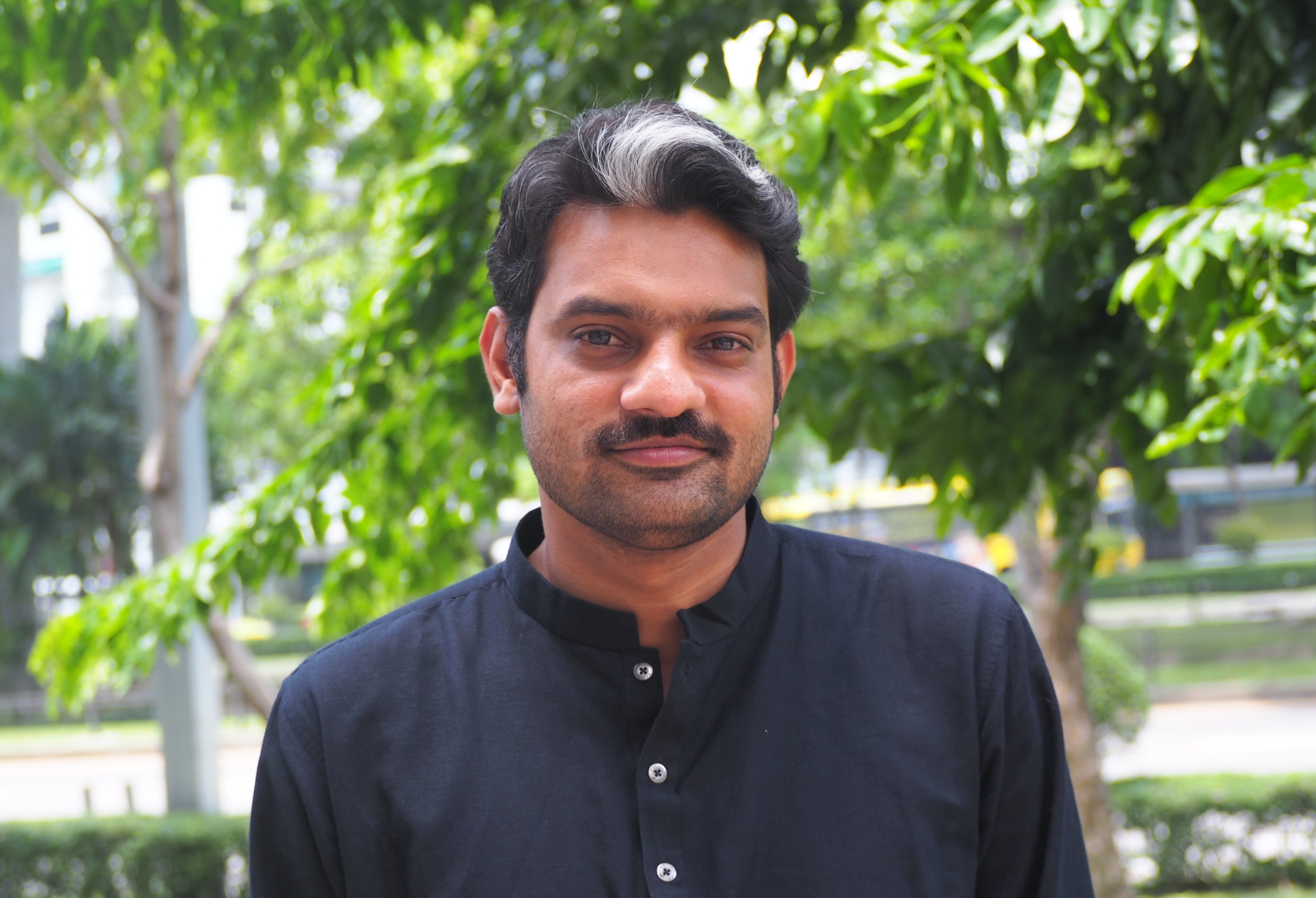For this month’s e-newsletter, we interviewed Kashif Aslam. He is the Programme and Research Coordinator of the National Commission for Justice and Peace (NCJP), based in Pakistan. He started his human rights activism when he was a student. He previously worked for many years for various human rights organisations. He is particularly involved in religious minority issues in Pakistan.
In this interview we talk to him about his background, his ideas about human rights, his experiences and much more.
How did you become involved with the human rights? And how did you become involved with FORUM-ASIA?
About twenty years ago, I witnessed a rally. I was standing in a shop, watching people shouting for their rights. These were persons from the religious minority community in Pakistan. On that day, they were demanding the repeal of the repressive blasphemy law in the country. Several days before, a Catholic Bishop, John Joseph, shot himself in public in front of the High Court, as a protest suicide against the blasphemy law in the country. The purpose of the rally was to call for repealing the blasphemy law, as it was seen as not human rights friendly, especially not for religious minorities.
On that day, I decided to one day join one of the organisations that had been part of the rally. My mother is a human rights defender as well. She worked for the Labour Party Pakistan, the Marxist party, of Pakistan. She took me to an event of the party, and I was impressed by the presenter. It was a two-day Marxist School on historical and dialectical material. For me, it was particularly important, as it happened during the dictatorial regime of General Pervez Musharraf. I was in high school at the time.
After I graduated, I joined an organisation called Women Workers Help Line as a theatre artist. They trained me to do this work. It is an organisation working for women’s rights. It is a very famous organisation in the country. They had just founded the organisation at the time. That was the starting point for me to get involved with human rights.
I was working and giving trainings involving several organisations that worked on human and youth rights. That is how I came to know about the opportunity to work with NJCP, which is how I got involved in religious minorities issue in the country.
The first time I attended a FORUM-ASIA programme was in 2014. It was a week-long training programme, the United Nations Advocacy and Training Session. I took part as a participant from a member organisation of FORUM-ASIA.
What motivated you to become involved? And has that motivation changed over the years?
Things are getting harder now in the country. The laws in the country, the charges by the Government, and so many other things. But I am not losing hope. Sometimes, I do feel that our agenda, our strategies are not working anymore; that we need to do something else or maybe change strategies. We need to work actively as human rights defenders in the country.
Please tell us one of the most inspiring moments for you in your work in the past?
The most inspiring moment was during the campaign of the Joint Action Committee for Peoples’ Rights. It is a national group, every non-governmental organisation in the country is part of the committee. The joint committee is very vigilant, active and responsive to any issues of human rights, and of human rights defenders as well. If anything happens at any time, they will respond to the issue loudly, smartly and diplomatically. They will use any techniques and tricks achieve progress for human rights in the country. For me, it was inspiring.
What do you experience as the main challenges as someone working on human rights? And how do you deal with such obstacles in your work?
Nowadays, the situation is quite terrible. The Government is not very responsive on human rights issue. Even though there are some actors who are actively taking part in the country’s social justice system.
The main challenge, from what I see, is being ’minority’. Some time back, the issue was religion, now the issue is more sectarian; within the Muslim, Christian, and Hindu communities, as well as radicalisation against religious minorities in the country. But yes, the main challenge is radicalisation in the country.
This is something that we deal with every day. So how we can move on from these issues? We have to be diplomatic enough in our arguments. We have to be familiar and well-informed with the issue, so we can make strong and valid arguments about it.
If you could give a message to the new generation of people working on human rights or development, what would it be?
If you want to enjoy a free State and to live as a free person in the world, you have to learn. And to be able to learn you have to read. Reading is important to us. It gives us knowledge and the ability to observe the community and the world. Learn and read, that would be my message to my fellow youths.




